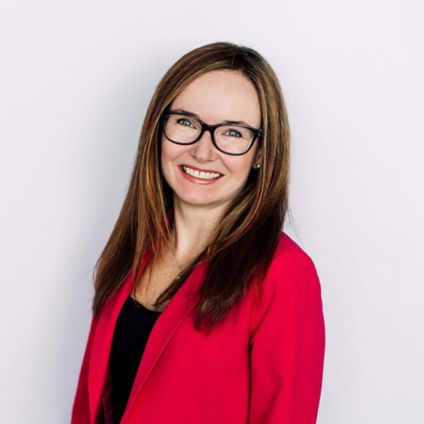I was among many at KPMG who followed this year’s World Economic Forum (WEF) Annual Meeting with interest as it brought global business leaders and innovators together in Davos, Switzerland for the fifty-second year. Like my peers, I was encouraged to see leading minds across the public and private sectors put their heads together to discuss meaningful, long-term change.
A personal highlight was witnessing women leaders in various tech-related sectors elevate the conversations. In every session and throughout the Meeting, each brought a range of expertise and insights to hot topics across several fields.
It would take a novel to summarize all the many ways in which women leaders contributed to WEF’s 2023 event. Ahead are some highlights that stood out from my end.
Closing the data inequality gap
Shamina Singh was among the stand-out panellists during WEF 2023. As President of the Mastercard Center for Inclusive Growth and Executive Vice-President of Sustainability at Mastercard, she has dedicated her career to addressing the information inequality gap and investing in data science organizations and initiatives that make a social impact. At Davos, she joined panellists to discuss the criticality of data collaboration for the public good, and how organizations of every stripe can lead the way.
"We invest in building the field of data science for social impact, which means to build the capacity of social sector organizations to realize the power of their own data," she told audiences during the session, Data Collaboration: Lessons from the Field, adding, "This is what is going to unlock all the potential."
Talking cyber resilience in the face of geopolitical unrest
Saide Creese, Professor of Cyber Security at the University of Oxford, was another source of personal inspiration to take WEF's stage. During her appearance on WEF's Protecting Cyberspace amid Exponential Change panel, she shared her perspective on the cyber risk landscape and illuminated the geopolitical factors making cybersecurity an even greater priority among private and public organizations.
"There's a gathering cyber storm," she said. "This storm is brewing, and it's really hard to anticipate just how bad that will be. [. . .] We need to accept that this is really about cyber resilience. There is no such thing as a hundred percent security. It's about resilience in the face of insecurity."
The digital economy lens
WEF’s discussion on Turning Technologies into the Markets of Tomorrow benefitted greatly from the contributions of Deemah Al Yahya. The Secretary-General of the Digital Cooperation Organization (DCO) joined other tech luminaries to discuss the importance of stimulating cross-border investment in the global digital economy and the role private sector innovators and global governments play in driving these important evolutions.
Asked to impact a final message to attendees, she offered: “My one message is that we really have to incorporate the private sector and the innovators within the design and development of our reforms when it comes to the digital economy.”
Digital and green transformations are priorities
Meanwhile, the environmental, social and governance (ESG) agenda was never far from any WEF conversation. Here again, the perspectives of women like Christine Lagarde, Head of the European Central Bank (ECB), provided fundamental clarity on the priorities of the ECB. Joining the panel on Finding Europe’s New Growth, she laid out the continent’s economic challenges, opined on where economic headwinds were heading, and—critically—discussed the pressing need for digital and green transformations to propel Europe forward.
"We know that the financing for [digital and green transformations] is going to be phenomenal," she said. "According to the Commission numbers, it's half a trillion dollars that will be needed from now until 2030 in order to move fast in those steps that will give us more independence, less vulnerability towards the flows of this world."
The way to finance the necessary digital and green transformations, Lagarde urges, is through forming a capital markets union in the EU. According to research conducted at the ECB, it was determined that “equity is the best way to channel money to those sectors that require innovation.”
Lagarde recognizes that digital transformation and innovation will play key roles in the future of Europe’s financial success, which is why it’s crucial to act now. Europe needs to find ways to build equity that will support the acceleration of these transformations to get to a place where it’s less vulnerable to economic instability and more independent when it comes to incorporating ESG practices.
The 2023 WEF annual meeting was timely given the imminent economic, political, social and technological issues in our path. Promisingly, it also served to show that the profile of women in technology has evolved to encompass leaders across the industries representing a broad range of tech-related skills, experiences and backgrounds. It was uplifting to find a number of those women in Davos this past January, and to see them take important—and influential—seats at the table.
Multilingual post
This post is also available in the following languages
Stay up to date with what matters to you
Gain access to personalized content based on your interests by signing up today


